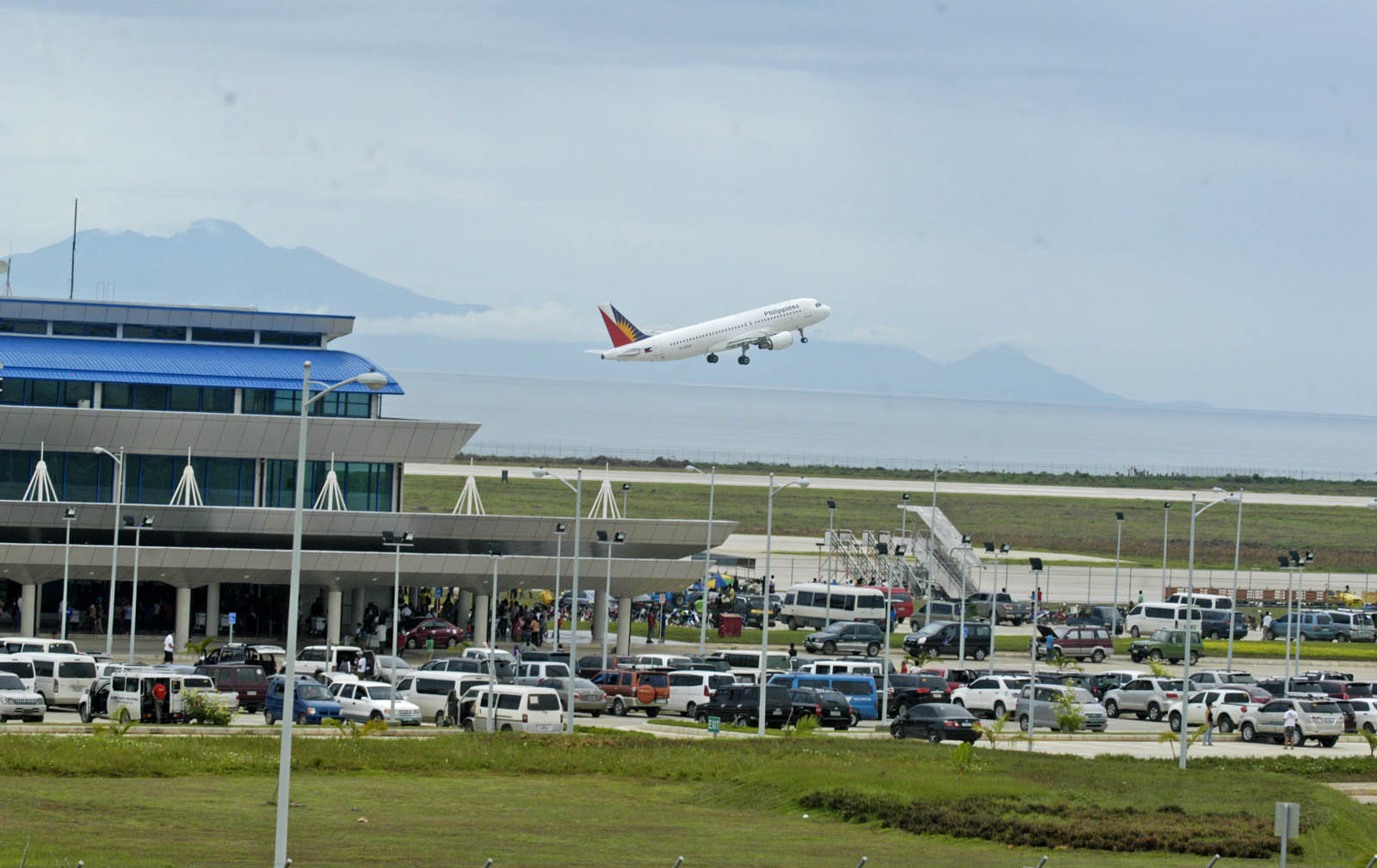By LITO RULONA
Correspondent .
Philippine Coconut Authority-10 (PCA-10) on Thursday moved some immediate solutions to resolve the very low prices of copra, a major issue facing the coconut sector for the past years.
PCA-10 information officer Ralph Marcel Estaño said the issues on low prices of copra has been initially address in so many ways during the Talakayan sa Philippine Information Agency (PIA) held at SM Uptown on Thursday afternoon.
He said among the remedies that they are now undertaking is the poverty alleviation of the coconut farmers, climate change adaptation and the so called economic and sustainable growth for the farmers and industry.
“Under sustainable growth is fertilization that will help the growth production and income of the coconut farmers. As a whole, molambo og dako balik atong coconut industry. Every year, a salt fertilization program is made,” he said.
PCA has given free “agricultural grade salt” to the coconut farmers to spread two kilos of salt to every coconut tree which become resilient during summer and heat season.
Estaño said they also promote inter-cropping by providing high-yielding and high-value crops like cocoa, coffee, corn. PCA has also distributing high-value seeds to coconut farmers and avoid mono-cropping.
“Coconut farmers is also now encouraged to engaged cow, goat and livestock fattening and management integration. Wala na kita magsalig karon sa copra but also engaged in coconut processing,” he said.
PCA will also provide processing machine to organize coconut farmers as other option for income earning industries. Among other processing products were virgin oils, coconut sugars, coco nets and other ornamental products.
Estaño said the best move made by Department of Agriculture Secretary Piñol passing a resolution addressed to the President asking him to direct the National Biofuels Board (NBB) to increase the biodiesel component from 2 percent to 5 percent.
Since the previous years, coconut stakeholders have been calling on the government for the production of the five-percent biodiesel blend (B5) which can help address the problem of plummeting copra prices.
Biodiesel is a blend of diesel fuel and coconut methyl ester, a derivative of coconut oil. The country’s current biodesel blend is only two-percent Coco Methyl Ester (CME) and 98-percent regular diesel.
In Southeast Asia, the Philippine biodiesel has the lowest percentage of vegetable oil mixed with regular diesel. Malaysia and Thailand have at least seven percent and Indonesia has as much as 20 percent of CME in their mix.
Disclaimer
Mindanao Gold Star Daily holds the copyrights of all articles and photos in perpetuity. Any unauthorized reproduction in any platform, electronic and hardcopy, shall be liable for copyright infringement under the Intellectual Property Rights Law of the Philippines.








